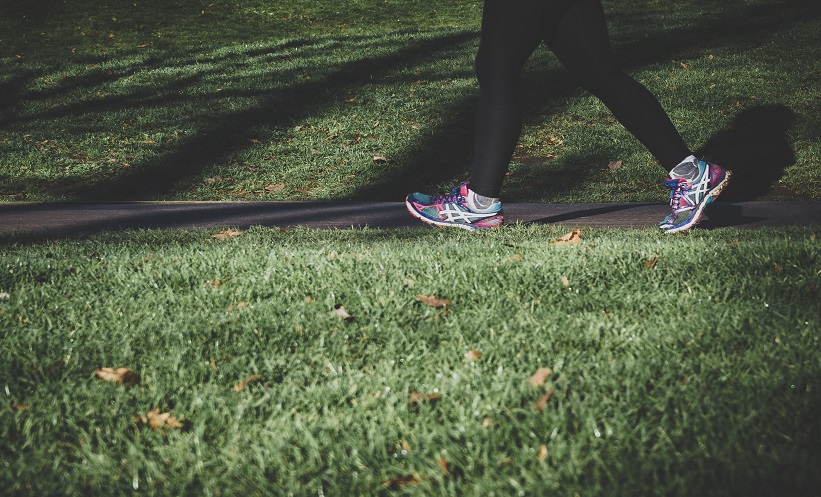LIFESTYLE intervention improves diet quality, abdominal obesity, and insulin resistance in people at risk for Type 2 diabetes (T2D), according to the results of the stopDia study. For this study, 100 healthcare professionals such as nurses, exercise instructors, and dieticians, were taught how to use the StopDia group counselling approach. This approach was designed for primary healthcare in order to support strategic health promotion objectives. While this approach was known to be well suited to the practice, there was no strong evidence on its effectiveness to date. This study was the first large, randomised, controlled study to analyse the interactions between group-based and digital lifestyle counselling.
In total, 2,907 people participated in the study, and were divided into three groups. One group used the BitHabit app, which was used to support lifestyle changes, allowing participants to choose health-promoting habits, mark them as completed, and receive feedback. More than 400 habits were included in the lifestyle library. The second group used the app and received group counselling, and the third group was a control group. Through counselling, the participants aimed to improve diet quality, reduce alcohol consumption, increase physical activity, stop smoking, and reduce sedentary time to reduce the risk of developing T2D. The objective of the study was to develop a cost-effective, research-based, and permanent model to prevent T2D through primary care, and for people to recognise their own risk, and learn how to prevent it.
In Group Two, diet quality improved, and waist circumference was reduced, whereas in Group One these effects were not observed. Those who used the app increased physical activity and reduced sedentary time, and those who combined it with group counselling slowed down the development of insulin resistance slightly. “Even minor changes may have an impact on the prevention of T2D,” said author Timo Lakka, Eastern Finland University, Kuopio, Finland.
The study shows that lifestyle changes are supported by counselling, either in group settings or digitally. Further research is needed to examine how to deliver more personalised lifestyle counselling.








